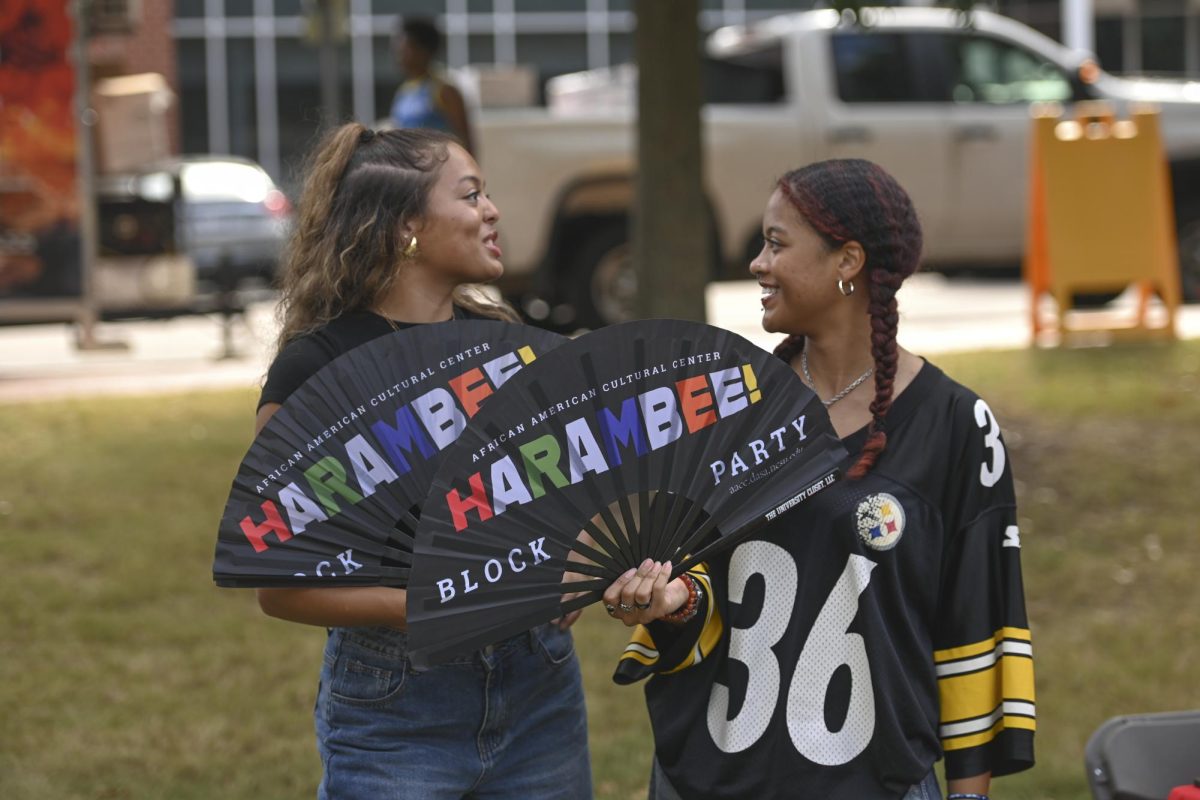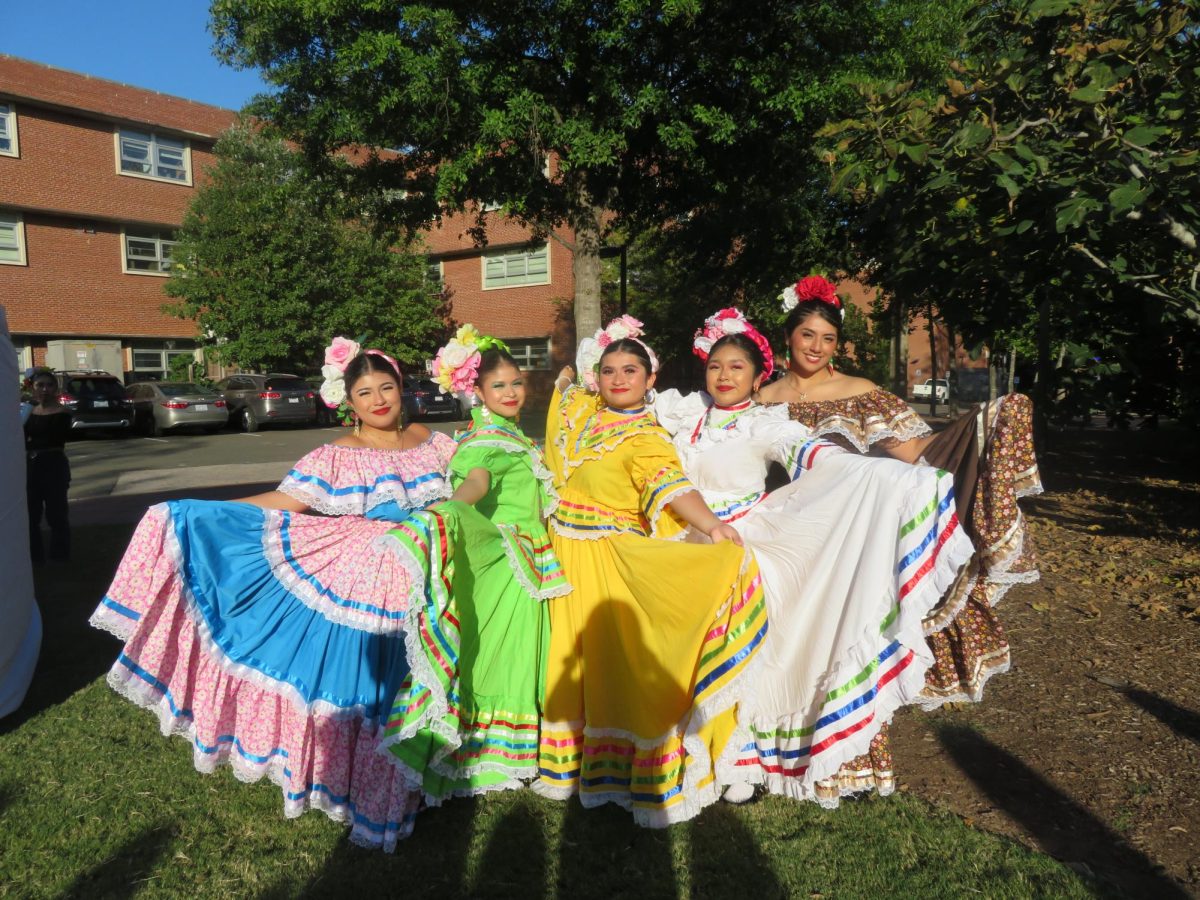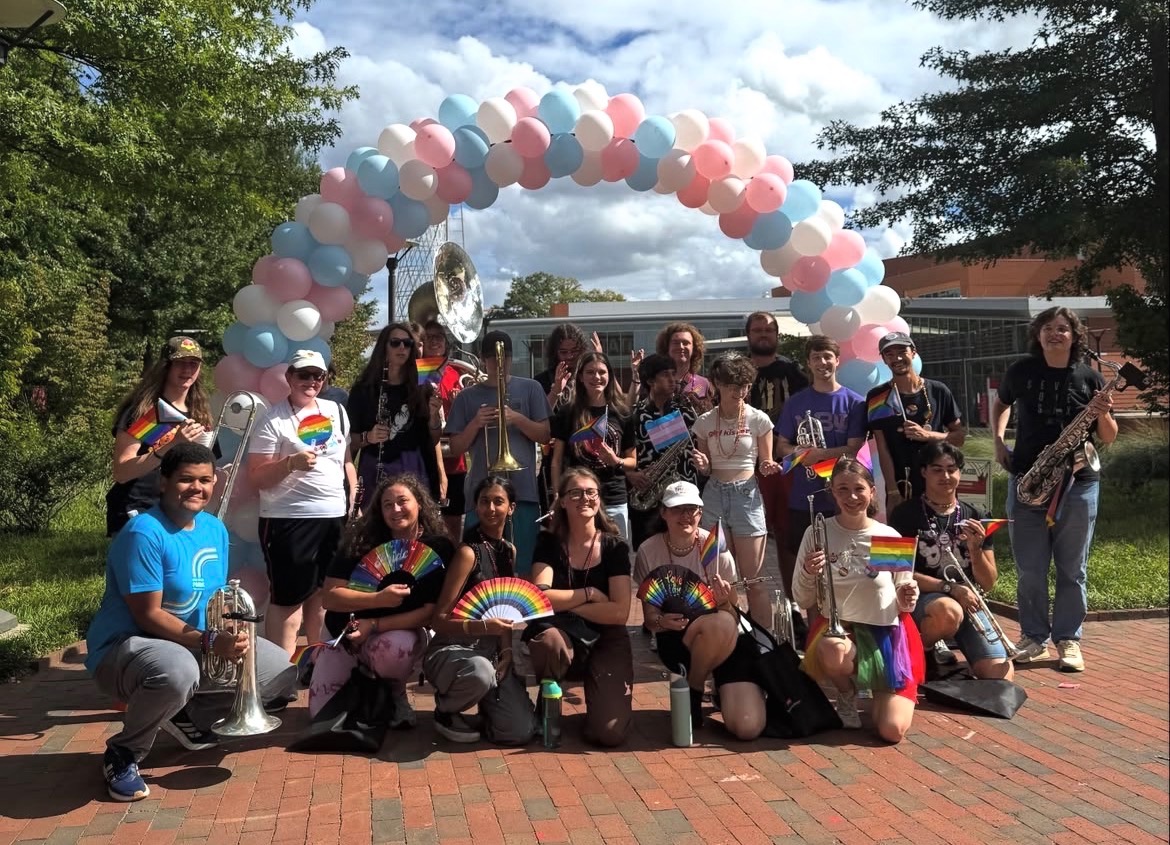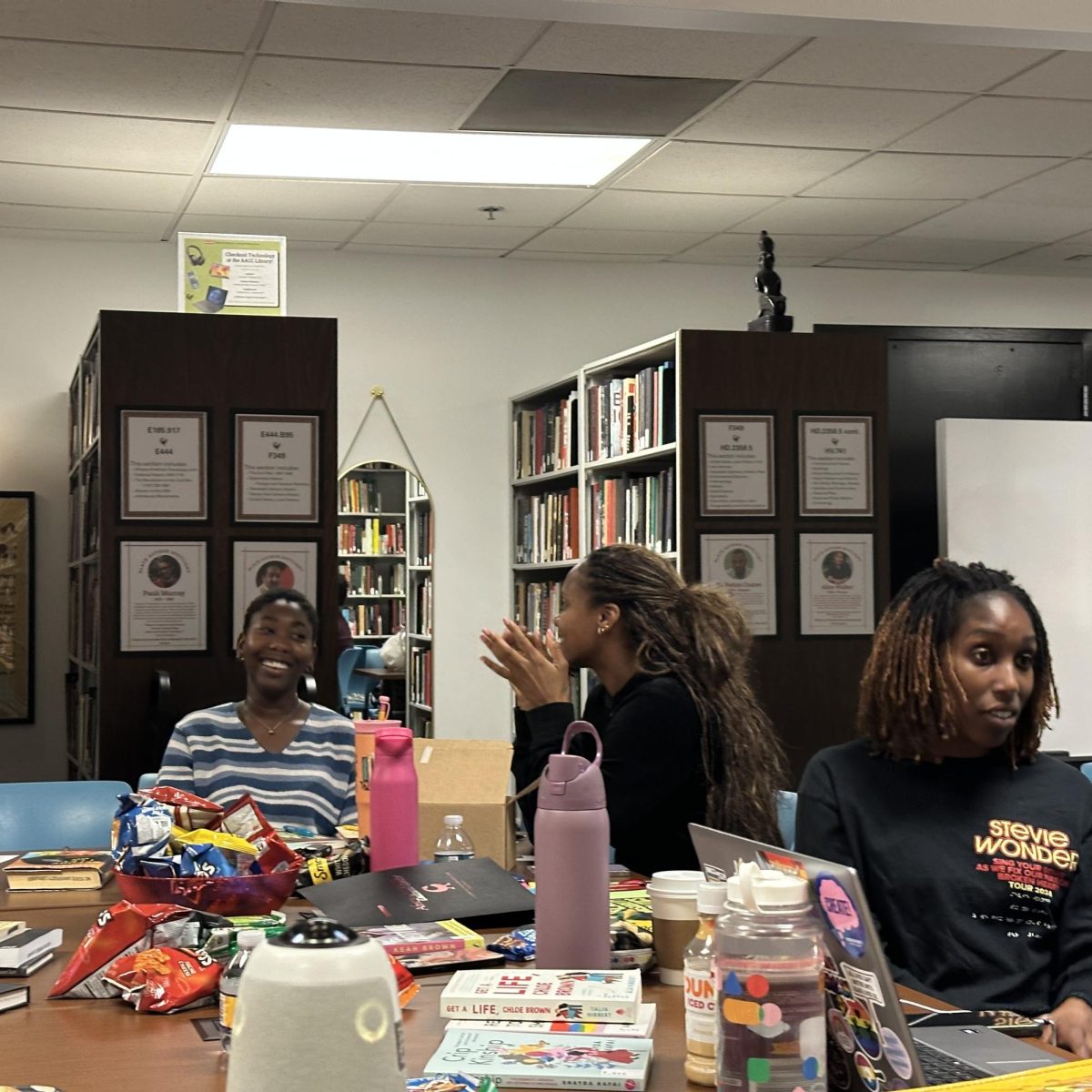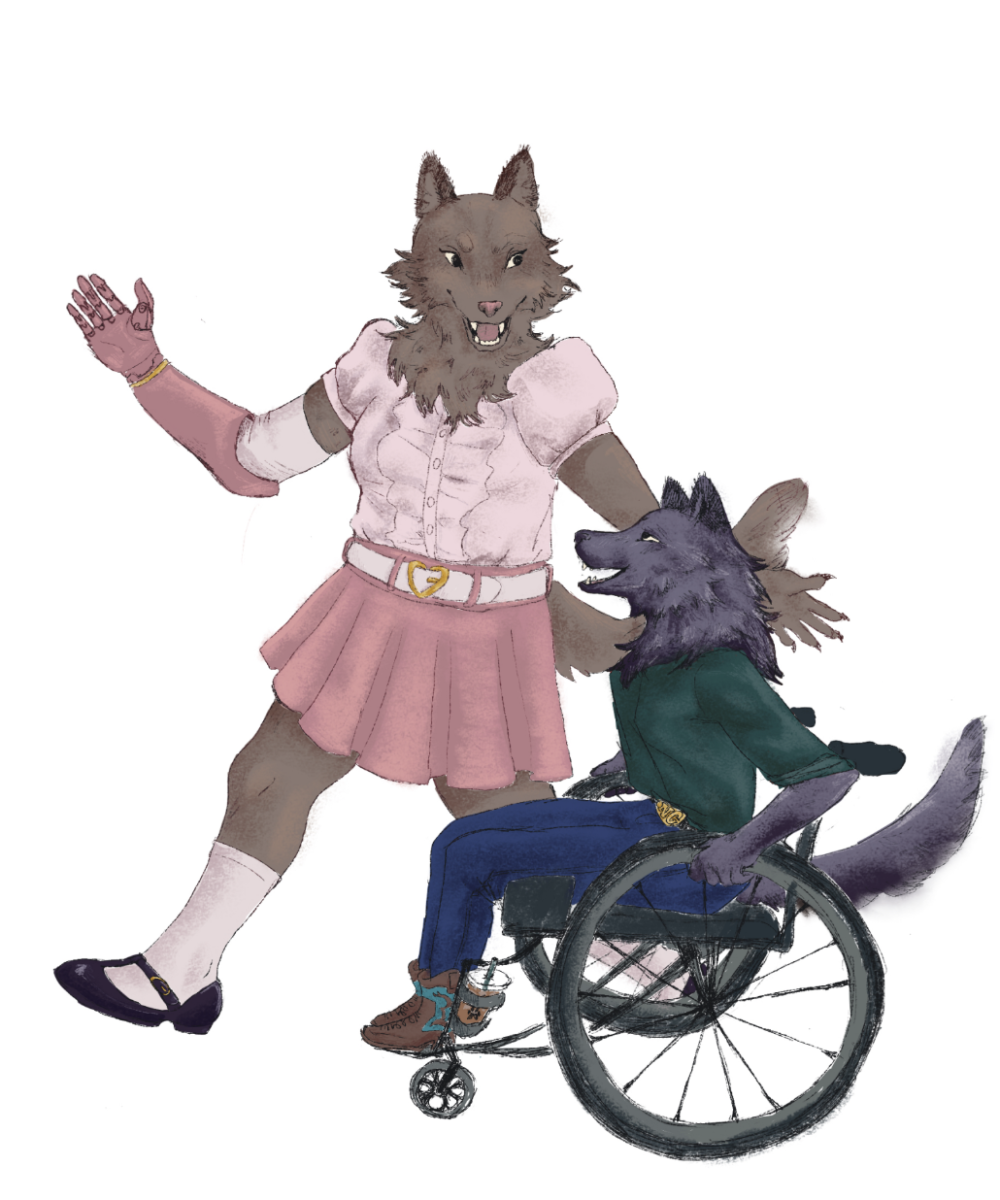Image from Creative Commons
A photo of the White House
In 2020, Joseph R. Biden Jr. defeated incumbent President Donald J. Trump in one of the most historic presidential elections in U.S. history. The election is marked as the highest voter turnout in more than a century, with a remarkable 50% of young people, ages 18-29, voting in the election. At the time, many college students were in high school and forced to sit at home awaiting the day they could finally vote.
Now, four years later, the presidential election is back in full swing with a rematch between the old rivals – current President Joseph Biden and former President Donald Trump. As we enter another election year, here is what new and experienced voters need to know.
The presidential campaign trail has been underway since last year beginning with 15 candidates – four Democrats, nine Republicans and two independents. President Biden is expected to easily win the Democratic nomination in the primary elections, facing only nominal competition from author Marianne Williamson and Minnesota representative Dean Phillips.
As for the Republican or Grand Old Party (GOP), many candidates, such as Ron DeSantis, Chris Christie and Vivek Ramaswamy, have ended their White House bids and rallied behind the party’s leading nominees. Since the Republican primary elections began on Jan. 15, Donald Trump has been the frontrunner for the GOP’s presidential nomination. He has also been leading in the popular vote among Republican voters during the primaries thus far. He is followed by former South Carolina Governor Nikki Haley.
Third-party candidates include Robert F. Kennedy Jr., nephew of former President John F. Kennedy, professor and activist Cornel West and physician and activist Jill Stein. Whether or not these candidates will appear on the general election ballot is unclear. Most states, including North Carolina, require independent candidates to collect upwards of 10,000 signatures by varying deadlines in order to appear on the ballot. Robert F. Kennedy Jr. is the only candidate who has met the requirements to appear on his first 2024 presidential election ballot in Utah.
Although several candidates are running for the 2024 presidency, all of them are hidden under the shadows of President Biden and former President Trump. On March 5, North Carolina will hold its primary election. North Carolina is a “partially closed” primary state in which voters affiliated with a political party may vote for candidates of their party only. For example, a registered Democrat can only vote using a Democratic primary ballot. Unaffiliated voters can vote on any party’s ballot or a nonpartisan ballot. Although many voters only turnout for the general election, the primary ballot includes other important nominations such as state governor, lieutenant governor and more.
In North Carolina, long-time Governor Roy Cooper is unable to run for re-election after reaching the two-term limit. This means North Carolina will have a new governor for the first time in almost eight years after Cooper’s term expires. Republican Lt. Governor Mark Robinson and Democratic Attorney General Josh Stein are expected to be the frontrunners for their party’s nominations in the 2024 North Carolina Governor’s race.
In 2020, Robinson became the first Black person elected to the office of Lt. Gov. of North Carolina and since entering office, has remained a vocal supporter of former President Trump. Attorney General Stein was elected in 2016 after serving in the state senate for seven years, then reelected in 2020. The two will run for their party’s nomination in March and then for office in November, alongside the presidential candidates.
For many students, hearing or reading about elections can feel like information overload. With an ever-changing news cycle, it can be difficult to know your options. Nubian Message spoke with students at NC State to learn more about whether they plan to vote in the upcoming elections and why voting is important to them.
Clarence Clarke, a second-year student majoring in Industrial Engineering, says he plans to vote because of the resources at NC State and the diversity of Wake County.
“I actually plan on voting early because normally they have voting on campus. I’m doing it because one, I have waited so long to actually be able to vote and this will be my first presidential election. Also, in Wake County, I think my voice will actually matter compared to another county because of the diversity here.”
When asked about the importance of voting, Clarke said, “I think voting is important because it determines what happens, and while it matters at the presidential level, I think it matters even more so at the lower state government and local levels.”
Mariah Simmons, a second-year student majoring in Middle Grades Education, touched on the importance of voting as a student of color.
“I think voting is important because especially as minority students, we need to be aware of the things that the legislature is passing and be aware of the candidates that we’re about to put in power because this is not only the future of today, but for generations to come. We have to make sure that we are advocating for voting because we have people who fought for us to have these rights,” Simmons said.
Muzumani Gausi, a second-year student majoring in Computer Science, spoke about the importance of voting and the common belief that one’s vote doesn’t count.“I plan on voting because I feel like if I don’t vote, I can’t complain about what happens. Even though people say their vote doesn’t matter, every vote adds up so if millions of people say that they’re not going to vote, that changes the outcome of an election.”
For many NC State students, this year will be their first time voting in a presidential election. Luckily, NC State has several initiatives to help students stay informed and participate in the upcoming election.
One of these is Pack the Polls, “a campus-wide coalition on voter engagement and education.” Every year, Pack the Polls ambassadors help students learn about the voting process and how to register as a college student. Visiting the coalition’s website allows first-time voters to find easy step-by-step guides on early voting and voting registration. Pack the Polls recommends students to visit Vote411 and the NCVoterGuide website to find nonpartisan information on candidates.
As Clarke mentioned, students don’t have to go any further than Talley Student Union to cast their ballot. Early voting for the primary elections will take place at Talley Student Union from Feb. 15 to March 2. This year, students can use their student IDs to vote, as well as a North Carolina driver’s license or a state-issued, non-driver ID.
For students who were unable to vote in the 2020 election, this year is a chance to make their voice heard as President Biden and former president Trump face off once again for the presidency of the United States.


